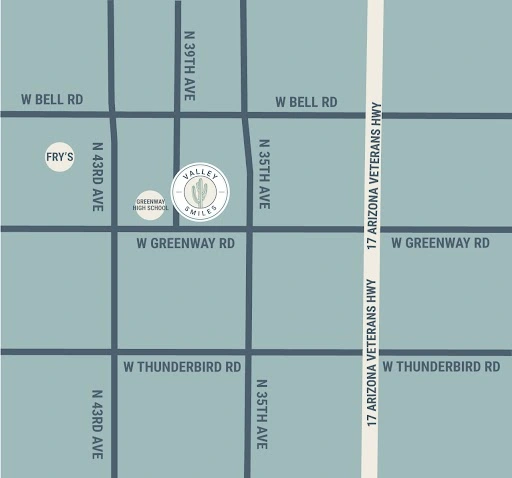Being bothered by a sudden dental emergency? You might experience significant distress and pain. This might occur due to a variety of emergency situations like toothache, broken teeth, etc. If you keep delaying dental care, it can turn your minor issue into a major one.
Understanding what qualifies as an emergency can help you seek early care and protect your oral health. Go through this guide to learn about the signs of an emergency and how seeing an emergency dentist can help you in the long term.
What Qualifies As A Dental Emergency?
A dental emergency requires your immediate attention to give you relief from severe pain and bleeding. Come take a look at some common emergencies:
- You might crack or chip your tooth due to trauma or while biting down on hard food items or objects.
- Experienced accidents and injuries? This can dislodge your teeth, causing pain and even bleeding in some cases.
- Persistent pain and puss can indicate severe oral infections. You must treat it as early as possible.
- Uncontrolled bleeding from your gums, tongue, or cheeks requires prompt medical care from an emergency dentist.
Why Is Early Intervention Critical?
Early dental care can substantially affect how you heal from your dental emergency. Here is why you must act quickly:
- Delayed treatment can allow your oral infection bacteria to spread to the rest of your body posing serious health risks. You might experience sepsis in extreme cases.
- Early intervention can help you save both time and money. Simpler procedures can solve your issues in the initial stages of dental problems.
- For some emergencies, such as a knocked-out tooth, your timing does matter. Acting within 30 minutes can increase the likelihood of successful reimplantation.
- Dental pain can be a debilitating condition, and immediate care can help you manage the discomfort.
What Steps Can You Take In A Dental Emergency?
Looking for helpful first-aid tips to handle a dental emergency? Follow these tips to keep the situation under control until you see an emergency dentist.
- Is your tooth fractured? rinse your mouth with warm water to clean the area and use cold compresses to reduce the swelling.
- Have you knocked-out your tooth? Handle the lost tooth by the crown and store the tooth in milk or saline water to keep it moist.
- You can turn to over-the-counter pain relievers to handle infections and painful tooth abscesses.
- Apply pressure on the area with gauze to reduce excessive bleeding. See a dentist to stop persistent bleeding.
You can take certain preventive measures to avoid emergencies as much as possible. Visit the dentist regularly, use mouthguards while playing, avoid hard food, and maintain good oral hygiene.
Dental emergency situations demand swift action to prevent any long-term damage, pain, and costly invasive procedures. By recognizing the indicators, you can take the right first-aid steps and prioritize preventive care to protect your smile and overall dental health. Emergency dental care is always there to help you out with sudden accidents and injuries.
Are you ready to take prompt action while facing a dental emergency? Schedule a consultation for prompt care today!





